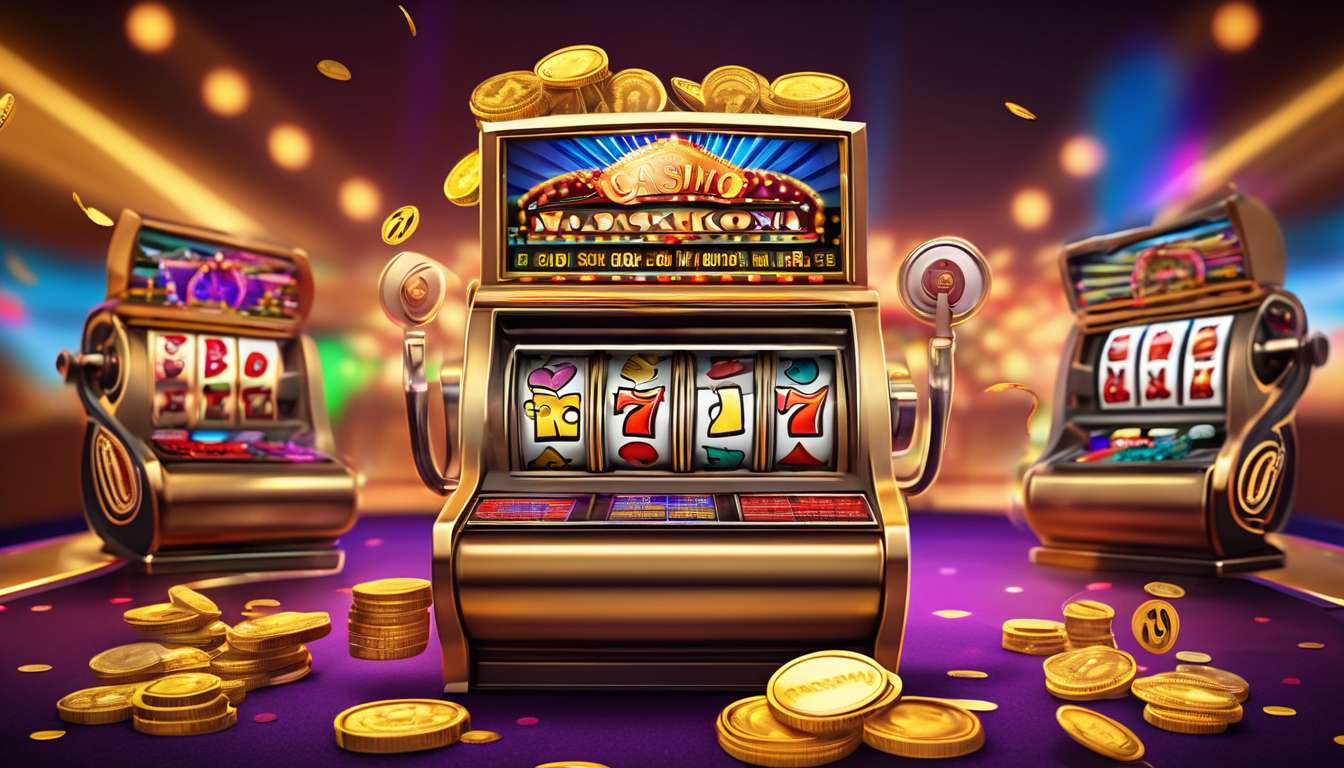As avid enthusiasts of table games, we know how exhilarating it is to delve into a new game, decipher its rules, and strategize our path to victory. Whether we are gathered around a cozy kitchen table or a bustling game night with friends, the language of table games brings us together, creating a shared experience.
However, the intricate jargon can sometimes feel like a barrier for newcomers or even seasoned players venturing into unfamiliar territory. That’s why we’ve compiled a list of 11 essential terms every table game fan should know. These are the words and phrases that form the backbone of our beloved hobby, enhancing our understanding and appreciation of each game we play.
By familiarizing ourselves with these terms, we not only increase our enjoyment but also become more skilled players, ready to tackle any challenge that comes our way.
Let’s unlock the language of table games and elevate our gaming experiences together.
Here is the list of terms:
- Meeple: A small figure used to represent a player or character in a game.
- Victory Points (VP): Points that determine the winner of the game.
- Turn Order: The sequence in which players take their turns.
- Resource Management: The skill of managing resources efficiently to achieve game objectives.
- Cooperative Game: A game where players work together to achieve a common goal.
- Deck Building: Creating a personalized deck of cards to use in the game.
- Area Control: A game mechanic where players compete to control specific areas on the board.
- Drafting: Selecting cards or resources from a common pool in turns.
- Worker Placement: Allocating workers to different tasks or areas to gain benefits.
- Point Salad: A game where players can score points in a variety of ways.
- Eurogame: A style of game emphasizing strategy over luck and direct conflict.
By mastering these terms, you will enhance your gameplay and deepen your connection with fellow enthusiasts, making every game night more enjoyable and enriching.
Meeple
Meeples are small figurative tokens used to represent players or characters in tabletop games. They are not just cute little figures; they are a vital part of the gaming experience because they embody our strategies and roles within the game. As we gather around the table, these tiny figures become extensions of ourselves, moving through the game world in pursuit of Victory Points.
Resource Management is often at the heart of gaming sessions, and meeples play a crucial role in this aspect. They help players manage resources efficiently by making strategic decisions about where to allocate them on the board. Key actions include:
- Farming
- Trading
- Building
Each move with meeples can tip the balance in a player’s favor.
The shared moments of strategizing and competing with these tokens create a sense of community and camaraderie. Players share the experience together, striving for that triumphant win, while meeples mark progress and shared stories.
Victory Points (VP)
In our quest for triumph, we focus on accumulating Victory Points, which are often the key to winning tabletop games.
Whether we’re navigating a bustling city or exploring uncharted territories, our main goal remains the same: gathering those coveted Victory Points. They’re the markers of our progress and the testament to our strategic prowess.
With every turn, we place our Meeple on the board, striving to maximize our points while expertly managing our resources.
Resource Management becomes our guiding principle.
We decide how best to allocate our limited resources, whether it’s trading goods or expanding territories. By doing so, we ensure each move brings us closer to victory.
- Trading goods
- Expanding territories
Our collective efforts create a shared journey, one where each decision feels impactful.
Together, we celebrate our achievements, knowing every point earned strengthens our bond.
As we tally up our Victory Points, we find not just a winner, but a community united by strategy and shared experience.
Turn Order
Determining turn order is crucial as it shapes our strategy and influences our gameplay decisions. When we gather around the table, eager to place our meeples and amass victory points, the sequence of our turns can make all the difference. Going first might allow us to secure vital resources, while a later turn could provide the opportunity to adapt our strategy based on opponents’ moves. We often feel a sense of camaraderie as we navigate this delicate dance, each of us vying for the optimal position.
In many games, the turn order isn’t just a simple clockwise pattern; various mechanics can decide who goes when.
- Sometimes it’s a roll of the dice.
- Other times it’s determined by previous actions.
Understanding and adapting to the turn order is essential for effective resource management. It allows us to:
- Anticipate challenges.
- Seize opportunities.
- Ultimately work towards that satisfying moment when our meeple stands victorious.
Resource Management
In many games, our success hinges on how effectively we gather and allocate resources.
We’ve all experienced the thrill of strategically placing a meeple, ensuring our path to gaining those precious Victory Points. Resource management is not just about collecting; it’s about making astute decisions that resonate with our shared goal of triumph.
- We immerse ourselves in the challenge by:
- Evaluating which resources will benefit us most
- Outmaneuvering our fellow players
It’s a dance of strategy and foresight, where every choice counts.
As we dive deeper into these games, we find ourselves forming bonds through shared experiences and strategies.
- We learn from each other
- Celebrate clever moves
- Sometimes groan in defeat
The joy lies in our collective pursuit of mastery, where resource management becomes the heartbeat of our gameplay. Together, we transform simple components into powerful tools, each decision bringing us closer to victory and the shared joy of the game.
Cooperative Game
In cooperative games, we unite our efforts to overcome challenges and achieve a common goal, fostering teamwork and shared triumph. We gather around the table, each of us bringing our unique skills and strategies to the mix. Our trusty meeples become our avatars in this shared adventure, moving through the game world as a single, cohesive unit.
Resource management is a key focus, ensuring we allocate our tools and abilities wisely to tackle obstacles.
As we navigate the game’s trials, communication becomes our most valuable tool. We:
- Discuss strategies
- Share resources
- Plan our moves with precision
Victory Points are not just a measure of success, but a shared symbol of our collective effort, reminding us that winning is sweeter when achieved together.
In these moments, we find a sense of belonging, knowing that every decision and action contributes to our group’s success. Together, we build not just victories, but lasting memories and connections.
Deck Building
In deck building games, we strategically select and combine cards to enhance our abilities and outmaneuver opponents. We gather resources, manage them wisely, and build a deck that reflects our unique play style. It’s like crafting a personal arsenal to ensure our meeples thrive on the board. Every card we acquire has the potential to bring us closer to victory points, turning the tide in our favor as we progress through the game.
Together, we immerse ourselves in a community where every decision counts. The tension builds as each player unveils their strategy, fostering a sense of camaraderie as we all strive for the top.
Resource management becomes a crucial skill as we balance short-term gains with long-term planning, ensuring our decks are both versatile and powerful.
By understanding the nuances of deck building, we deepen our connection to the game and each other, celebrating victories and learning from defeats as a united group.
Area Control
In area control games, we strategically place our pieces to dominate regions and assert our influence over the board. Our goal is to maximize our Victory Points by controlling key areas with our beloved Meeples—those quirky little game pieces that represent our presence in the game world.
We immerse ourselves in the thrill of planning and outmaneuvering our opponents. Each decision—whether placing a Meeple or allocating resources—brings us closer to victory and strengthens our camaraderie as fellow players.
Together, we carefully balance the art of Resource Management. It’s not just about occupying spaces; it’s about ensuring we have the resources to maintain control and expand our influence.
- Occupying spaces
- Allocating resources
- Maintaining control
- Expanding influence
In these games, we find a shared sense of purpose and excitement. As we engage with the board and each other, we build a community where every move matters. This sense of belonging keeps us coming back, eager for the next challenge and the chance to claim victory.
Drafting
In drafting games, the key is to carefully select cards or pieces from a limited pool to build a strategic advantage over opponents.
- It’s a shared experience where everyone gathers around the table.
- Players eye the available options, weighing their potential to win.
- The thrill lies in choosing wisely, aiming not just for personal gain, but also to outsmart fellow players.
Resource management is a crucial aspect of drafting games, often involving components like meeples to maximize Victory Points.
- Drafting is a delicate dance of balance, where every decision matters.
- Consider how each choice impacts overall strategy:
- Securing essential resources.
- Denying others what they need.
Drafting games foster a sense of community as players collectively navigate challenges posed by limited resources.
- Together, players learn to anticipate and adapt.
- The experience hones skills in resource management.
Ultimately, drafting is more than just a game; it’s a shared journey where each decision brings players closer to victory.
What is the history or origin of table games and how have they evolved over time?
Table games have a rich history dating back centuries.
They have evolved from simple dice and card games to complex strategic challenges. Throughout time, different cultures have contributed to the development of these games, shaping them into the diverse forms we enjoy today.
This evolution reflects the creativity and ingenuity of humans, as we continue to find new ways to entertain ourselves through the exciting world of table games.
How do table games compare to video games in terms of cognitive benefits and social interaction?
Table games offer a unique blend of cognitive benefits and social interaction that video games often lack.
Cognitive Benefits:
- Challenge Critical Thinking Skills: Table games require players to think strategically and make decisions that can impact the outcome of the game.
Social Interaction:
- Face-to-Face Engagement: Playing table games involves direct interaction with others, promoting stronger connections and communication.
Comparison with Video Games:
- While video games can be engaging, they don’t always provide the same level of personal interaction that table games do.
Conclusion:
- This makes table games a great choice for those seeking mental stimulation and social bonding.
What are some strategies for teaching complex table games to new players?
When teaching complex table games to new players, it is effective to start with the basics and gradually introduce more advanced strategies.
Key Approaches:
-
Communication and Patience:
- Encourage open communication to ensure players feel comfortable asking questions.
- Practice patience, allowing players to learn at their own pace.
-
Hands-On Practice:
- Provide opportunities for players to engage directly with the game.
- Use practice rounds to reinforce learning without the pressure of competition.
Steps to Simplify Learning:
-
Break Down Rules and Objectives:
- Explain the game’s rules in simple, digestible steps.
- Clarify the main objectives to align players’ understanding.
-
Developing Skills:
- Gradually introduce more complex strategies as players become comfortable with the basics.
- Encourage players to experiment with different tactics to enhance their skills.
Creating a Supportive Environment:
- Foster a supportive and inclusive atmosphere to ensure a positive learning experience for all participants.
- Celebrate small victories to boost confidence and motivation.
By following these methods, new players can better understand the game’s mechanics and enjoy a fulfilling learning journey.
Conclusion
So there you have it! With these 11 terms in your gaming vocabulary, you’ll be well-equipped to dive into the world of table games with confidence.
Whether you’re strategizing your next move or aiming for victory points, understanding these key terms will enhance your gaming experience.
So grab your meeple, sharpen your drafting skills, and get ready to dominate the game board like a pro!




